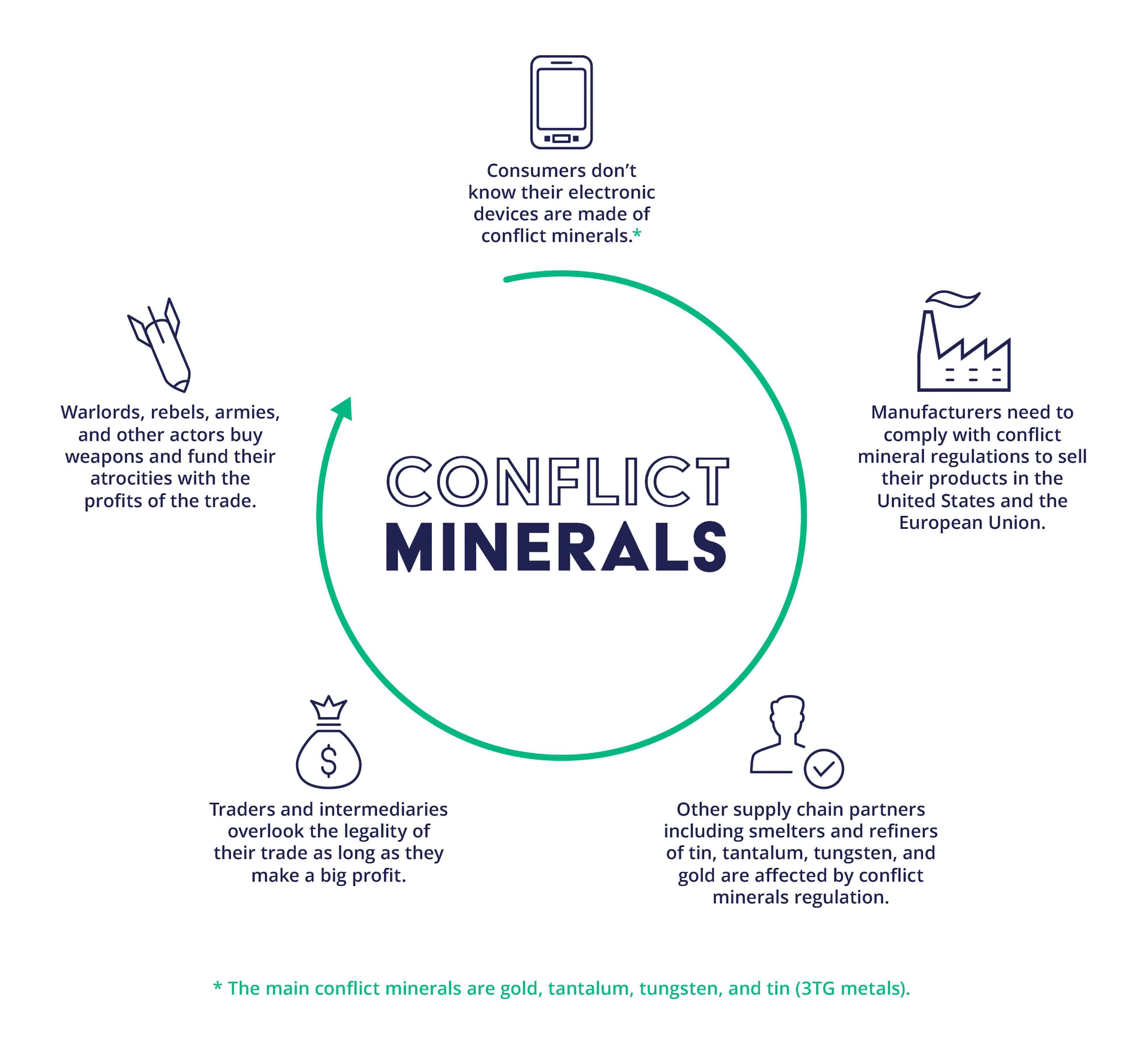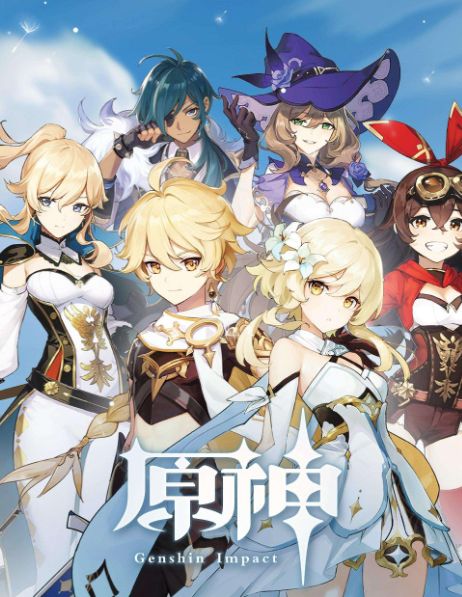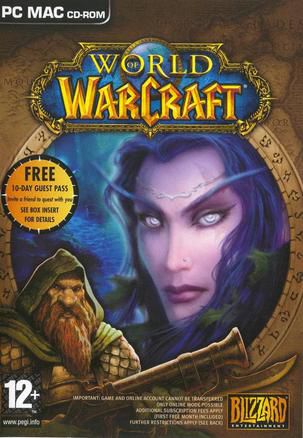Conflict Minerals in the Gaming Industry: Progress, Setbacks, and the Road Ahead

Former GamesIndustry.biz writer Brendan Sinclair, now at Unlosing Writer, began writing about conflict minerals in video games nearly a decade ago after seeing Activision Blizzard disclose in a Securities Exchange Commission (SEC) filing that the company was concerned that its hit game Skylanders could fund armed militias and "conflicts characterized by extreme violence."
Sinclair has been tracking the industry's ethical sourcing of conflict minerals for years, with mixed results, and disclosures this year illustrate the continuing challenges.
Microsoft made significant improvements, increasing the percentage of its smelters and refineries that are not involved in conflict from 65% to 87%, and reintroduced language that does not fund armed groups. GameStop reported that all 205 smelters in its supply chain were non-conflict, up from 19 the previous year, but concerns about supplier transparency persisted. Sony's compliance rate, though, fell to 69%, the lowest since 2014, although the company provided more information on cobalt sourcing and supply chain violations.

Nintendo rebounded to near 100% compliance, while Amazon continued its pattern of vague reporting.
Apple maintained a record of 100 per cent conflict-free minerals audits for nine consecutive years, but had to remove 14 non-compliant companies from its supply chain during that time. Google achieved almost full compliance for seven consecutive years, with only three smelters not meeting standards. Meta's compliance rate increased from 89% to 94%, reversing the downward trend.
Turtle Beach's performance improved slightly, achieving an 84% compliance rate, while Logitech slightly improved its already high compliance rate to 98.3%.
Historically, the issue of conflict minerals came to the fore in the early 2000s, when the United Nations determined that the mining of certain materials would fund armed militias in the Democratic Republic of the Congo (DRC). In response, the United States passed regulations in 2010, as part of the Dodd-Frank Act, requiring publicly traded companies to audit their supply chains for tin, tantalum, tungsten, and gold (3TGs) from the Democratic Republic of the Congo and neighboring countries.
The European Union implemented similar regulations in 2021, expanding the scope to conflict-affected regions around the world, but remains focused on the 3TGs. These regulations prompt companies to increase supply chain visibility and improve ethical sourcing practices, but challenges remain.
At first, many gaming companies struggled with compliance. Sony first disclosed in 2014 that fewer than 14 percent of smelters had achieved conflict-free certification. Over time, most companies have improved their practices, and some, like Apple, have set high standards for supply chain visibility.
However, progress has not been smooth sailing. The COVID-19 pandemic has disrupted supply chain monitoring efforts, and some companies have regressed in recent years. Mr. Sinclair is the first to admit that disclosure and audit processes are not perfect solutions, but provide a starting point for companies to take responsibility for their supply chains.









